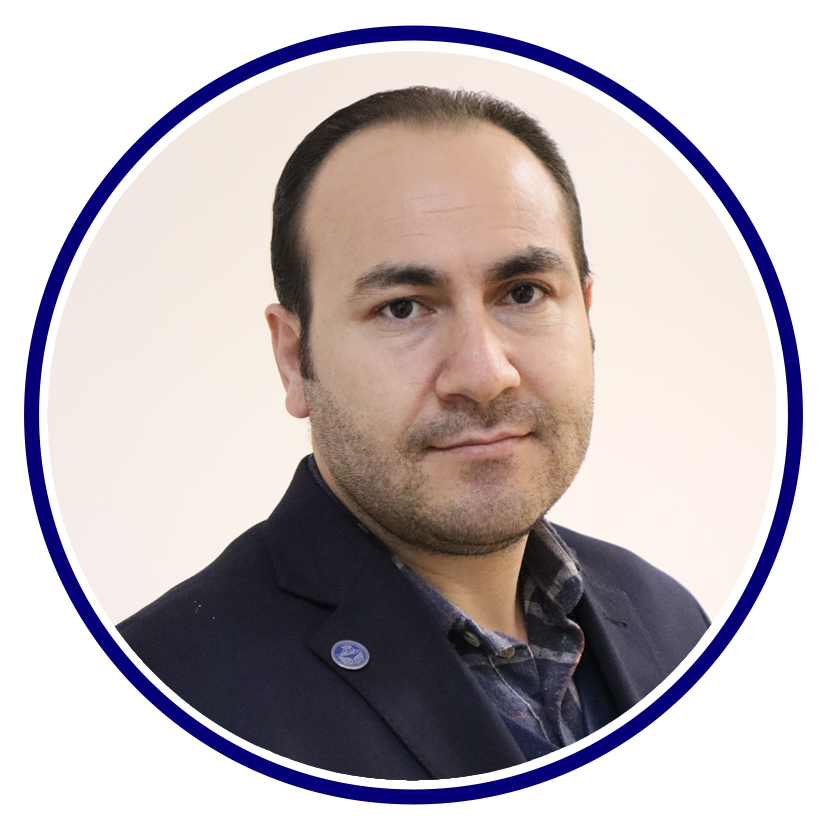Center for Open Education and Applied Research - دانشکده حکمرانی governance

Governance is a new knowledge for the management of governments, societies and organizations, which since the 1990s has rapidly produced and spread its set of theories, disciplines, books, magazines, articles and training courses in scientific and governance circles around the world. Governance is an interdisciplinary and multidisciplinary knowledge centered on public administration or public administration (Public Administration) and uses other sciences and disciplines such as political science, management, economics, law, psychology, social sciences and development studies. Governance is the field of interaction and participation of the three sectors "public/government", "private" and "civil society/people" for policy-making, regulation and facilitation of affairs in order to solve complex problems and achieve national goals and interests, development and excellence of society.
Economic governance, corporate governance, technology and innovation governance, commercial governance, energy governance, environmental governance, water governance, data and digital governance, urban governance, health governance, cultural and social governance, and education governance are among the most important areas of governance.
The country and civilization of Iran are the inheritors of the wisdom and traditions of governance of the divine prophets, the infallible Imams (AS), the leaders of the revolution, and some wise rulers and ministers in the governments before and after Islam to this day. In the Islamic approach, the matter of administration and governance is seriously in the spotlight and its complexity is to the point that Imam Ali (AS) interprets it as “the field of testing and competition of men” (Wisdom 441). He considers patience as a prerequisite for leadership and governance (Wisdom 176) and says: “Whoever ascends and reaches the presidency must be patient with the pain and suffering of governing the country” (Gharr al-Hakam, Hadith 3608). The evidence of this pain and suffering is in the weeping well of the Prophet, who is the embodiment of righteous and wise governance. The Holy Prophet (PBUH), whose model of Medina is the perfect manifestation of Islamic governance, is fearful of mismanagement and governance over his nation (اخفف عَلَيهم سُوَعَدّبِيرِ). Backed by centuries of its rich and proud national and Islamic history and culture, and its brilliant record of scientific achievements in various fields, Iran has abundant capacities and capabilities to realize wise and transcendental governance at the national, regional and organizational levels.
As a symbol of higher education in the country, the University of Tehran, by establishing the Faculty of Governance, seeks to enhance the country's scientific, research and human capacities in order to increase the efficiency and effectiveness of the governance system. In this regard, the "Center for Open Education and Applied Research" of the Faculty of Governance is ready to cooperate with various institutions, ministries, universities, institutions and organizations in the following areas:
- Holding one-year MPA and DPA governance training courses for the first time in the country
- Holding short-term training courses in various governance disciplines and topics
- Concluding educational cooperation agreements and holding national and international conferences and seminars
- Conducting applied research for organizations, institutions and companies in various governance fields
